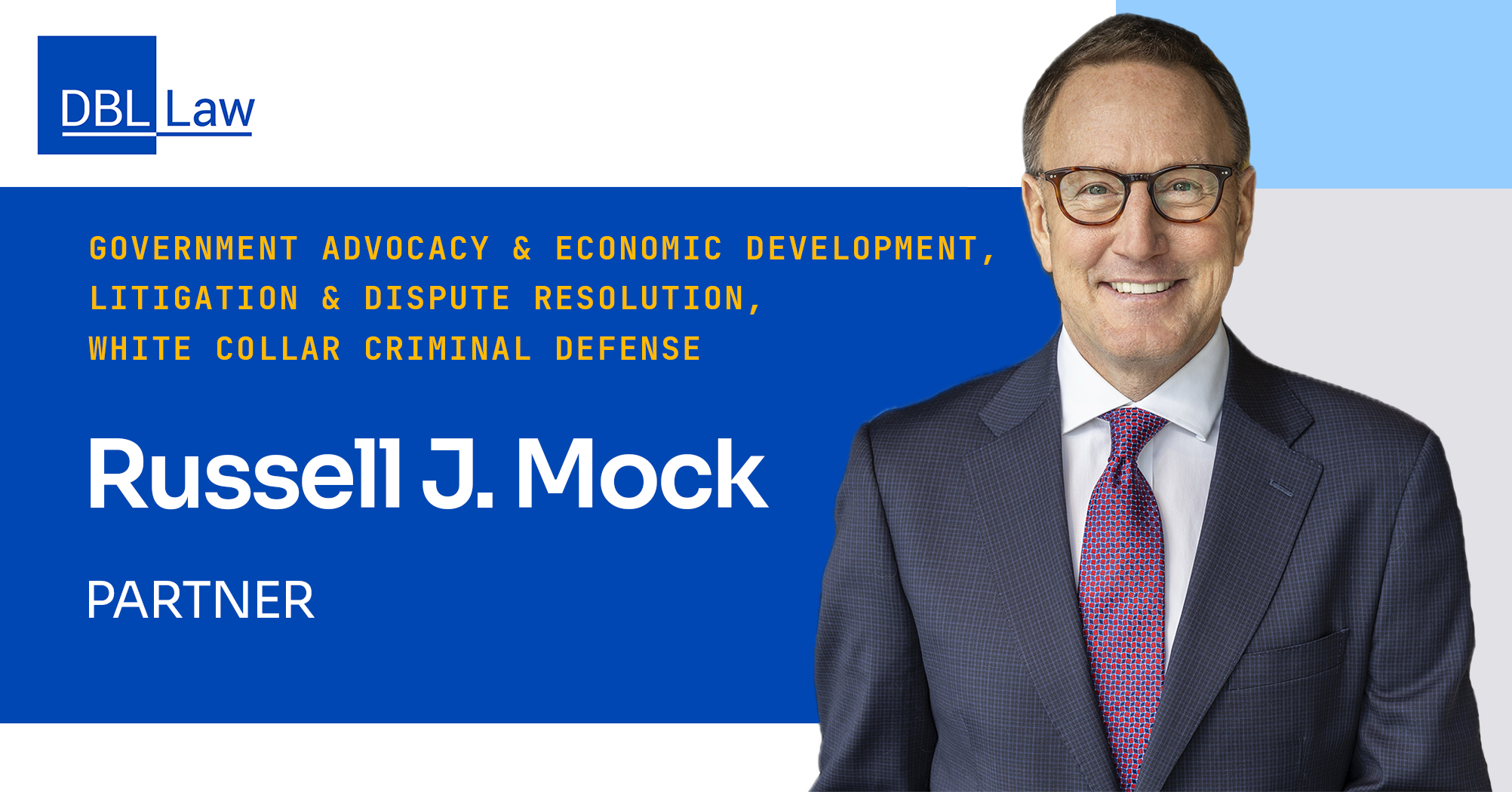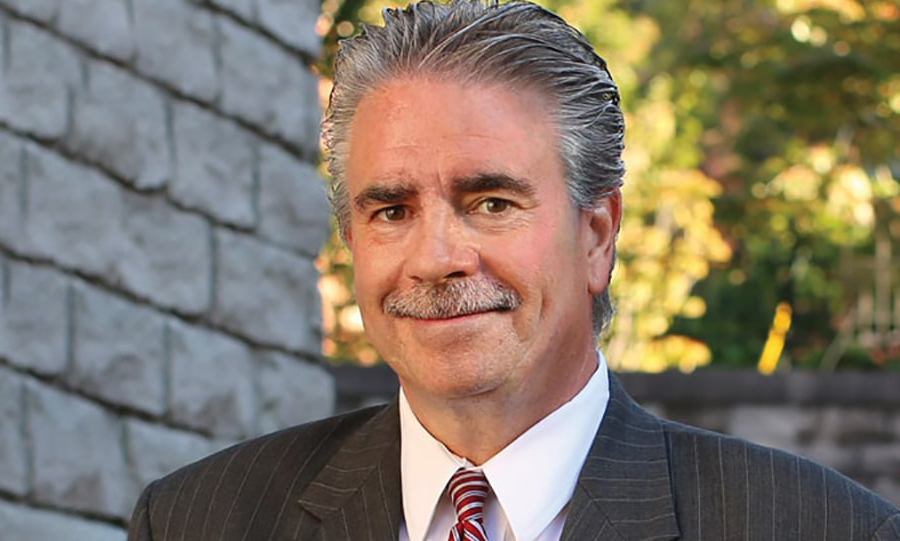The $900 billion law was signed into law on December 27, 2020 and is a lengthy 5,500 pages. A quick summary of the major provisions affecting employers is as follows:
• Sick leave provided pursuant to the Families First Coronavirus Response Act (FFCRA) is NOT extended but if an employer provides paid sick leave, employer are eligible for tax credits through March 31, 2021.
• $300 unemployment supplement through March 14, 2021. The prior supplement in 2020 had been $600 but it expired on 7/31/2020.
• Pandemic Unemployment Compensation for part-time and gig workers for 13 more weeks. Applications for new applicants will close on 3/14/2021 but for those who have applies, it will extend through 4/5/2021. Proof of income will be required.
• $100 per week if self-employed workers have $5000 in annual income but are disqualified from PUA because of eligibility for regular state unemployment.
• States can waive overpayment of unemployment if claimant was not at fault.
• Unemployment will be fully funded by the federal government through mid-March.
• Extension of $5,250 per year payment by employers to repay employee’s student loans through 2025. This loan repayment must be paid pursuant to a §127 written program.
• Employee retention tax credit extended through 6/31/2021 with several new provisions.
• 100% deduction for meal expenses rather than 50% as long as food or beverages are provided by a restaurant. This expires at end of 2022.
Some other highlights of the Act are as follows:
• $600 per child stimulus check under the CARES Act for individuals who make less than $75,000 (married couples making less than $150,000). For those making $75,000-$99,000, the amount will be prorated. Anyone making more than $99,000 will not receive a check. Adult dependent child are not included in the definition of children.
• PPP and Economic Injury Disaster Loan (EIDL) Grants monies will be available to businesses. This second round of PPP2 loans are available to businesses that previously received PPP loans. They must have less than 300 employees, have used all of PPP funds, can show 25% decline in gross revenue in any 2020 quarter as compared to 2019. Also, business with 500 or fewer who are eligible for other SBA 7(a) loans, sole proprietors, independent contractors and some self-employed individuals, not-for-profits including churches may also apply. The application process is somewhat changed during this round but best to talk with your SBA lender immediately to determine if you qualify.
• Live venues, independent movie theaters and cultural institutions will have access to $15 billion in funding.
• Funding for emergency rental aid and extension of national eviction moratorium through 1/31/2021.
• Assistance for transportation (airlines, transit, state highways, airports and city buses)..
• Funding for colleges and schools, including HVAC repair, to mitigate virus transmission





